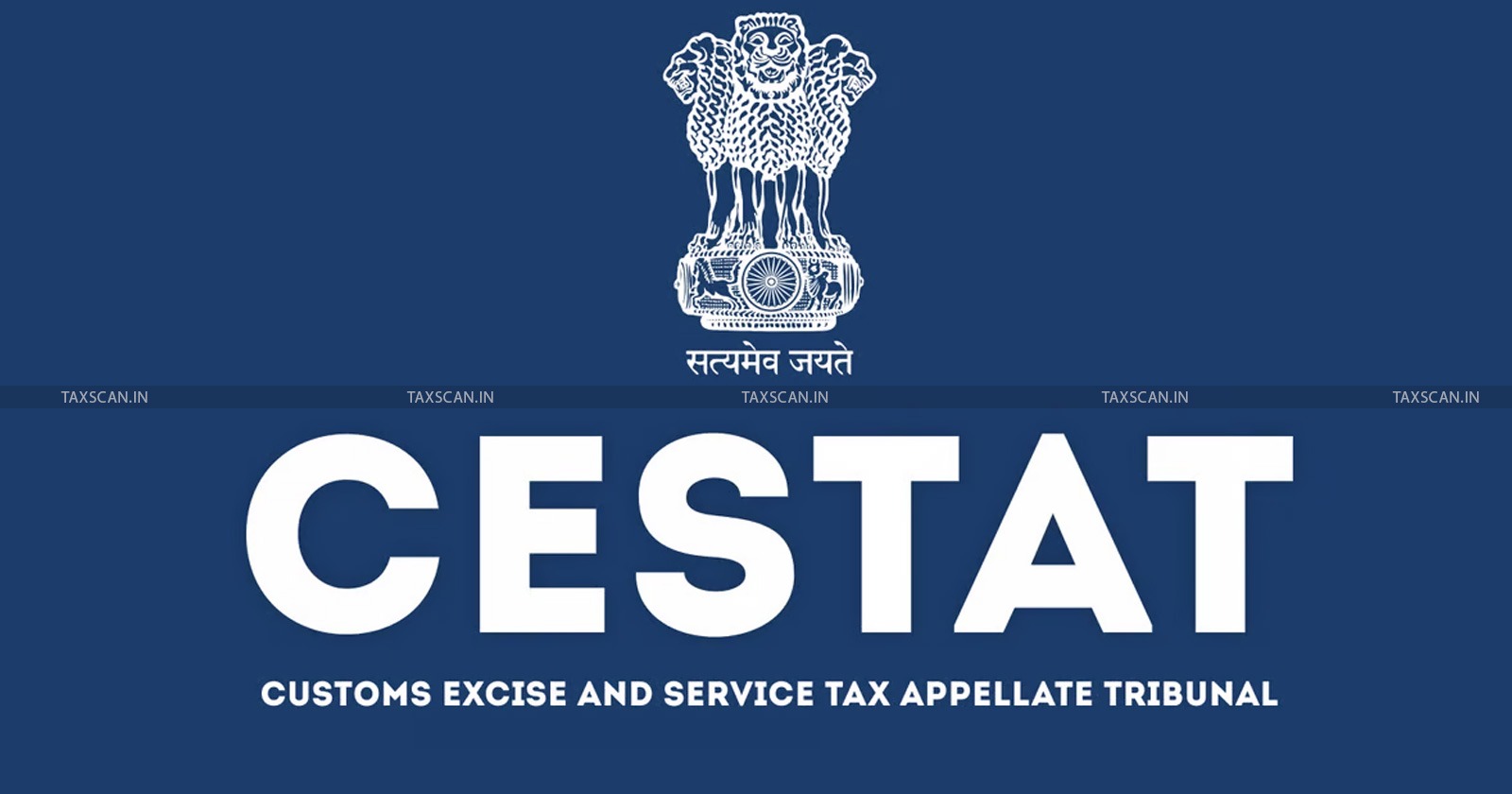Education Cess Being Surcharge Cannot Be Charged Twice on Clearances to DTA: CESTAT sets aside Differential Duty Demand [Read Order]
The tribunal referred extensively to the precedent set in Sarla Performance Fibers Ltd. vs. CCE, where it was established that Education Cess was a surcharge.
![Education Cess Being Surcharge Cannot Be Charged Twice on Clearances to DTA: CESTAT sets aside Differential Duty Demand [Read Order] Education Cess Being Surcharge Cannot Be Charged Twice on Clearances to DTA: CESTAT sets aside Differential Duty Demand [Read Order]](https://images.taxscan.in/h-upload/2025/11/19/2106688-education-cess-surcharge-clearances-dta-cestat-taxscan.webp)
The Chandigarh Bench of the Customs, Excise and Service Tax Appellate Tribunal ( CESTAT ) has held that Education Cess and Secondary & Higher Education Cess are in the nature of a surcharge and cannot be levied twice on clearances made by an Export Oriented Unit (EOU) to the Domestic Tariff Area (DTA).
Sudhir Power Ltd., (appellant) is an EOU situated in Jammu & Kashmir. The dispute arose regarding the calculation of duty payable on clearances to the DTA under Explanation 2(ii) to Section 3(1) of the Customs Tariff Act, 1975.
The Revenue department contended that the Education Cess and Secondary & Higher Education Cess must be taken into account twice: first, after calculating the Basic Customs Duty (BCD) and duty under Section 3(1), and second, after including Special Additional Duty (SAD) under Section 3(5) of the CETA. This calculation raised the total duty payable rate to 26.628%.
 Also Read:Excise Dept Denied CENVAT Credit On Outward GTA Ignoring Hindustan Coca-Cola’s FOR Delivery Evidence: CESTAT Remands Matter [Read Order]
Also Read:Excise Dept Denied CENVAT Credit On Outward GTA Ignoring Hindustan Coca-Cola’s FOR Delivery Evidence: CESTAT Remands Matter [Read Order]
The appellant contended that the Cess should be taken into account only once, resulting in a duty rate of 25.852%. Consequently, a show cause notice was issued demanding a differential duty of Rs. 4,58,878/- along with interest and penalty.
Clear all Your Doubts on RCM, TCS, GTA, OIDAR, SEZ, ISD Etc... Click Here
While the original authority dropped the demand, the Commissioner (Appeals) later upheld the Revenue’s proposal. Aggrieved by the order, the appellant approached the Tribunal.
The appellant argued that the issue is no longer res integra. The appellant relied on the decision in Sarla Performance Fibers Limited, which was affirmed by the Supreme Court. The counsel submitted that Cess was a surcharge intended to enhance the tax; once the customs duty was enhanced by levying the cess, it cannot be charged again on the value so arrived at.
The bench comprising S.S. Garg (Judicial Member) and P. Anjani Kumar (Technical Member) referred extensively to the precedent set in Sarla Performance Fibers Ltd. vs. CCE, where it was established that Education Cess was a surcharge.
The Tribunal observed that under the provision to Section 3(1) of the Central Excise Act, 1944, the objective is to arrive at the aggregate of customs duties. Once the Education Cess is added to the customs duty, the enhancement is complete.
Section 3(1) reads as there shall be levied and collected in such manner as may be prescribed a duty of excise to be called the Central Value Added Tax (CENVAT) on all excisable goods (excluding goods produced or manufactured in special economic zones) which are produced or manufactured in India as, and at the rates, set forth in the Fourth Schedule.
The Bench noted that by adding another percentage as the department has proposed to do, the department is adding something extra to the customs duty which is not supported by the provision to Section 3(1) of the Central Excise Act, 1944.
 Also Read:Clandestine Removal must be proven through Complete Chain of Evidence, Not Estimates or Assumptions: CESTAT [Read Order]
Also Read:Clandestine Removal must be proven through Complete Chain of Evidence, Not Estimates or Assumptions: CESTAT [Read Order]
Finding that the issue was settled by the Supreme Court and various coordinate benches, the tribunal set aside the order. The appeal of the appellant was allowed.
Support our journalism by subscribing to Taxscan premium. Follow us on Telegram for quick updates


